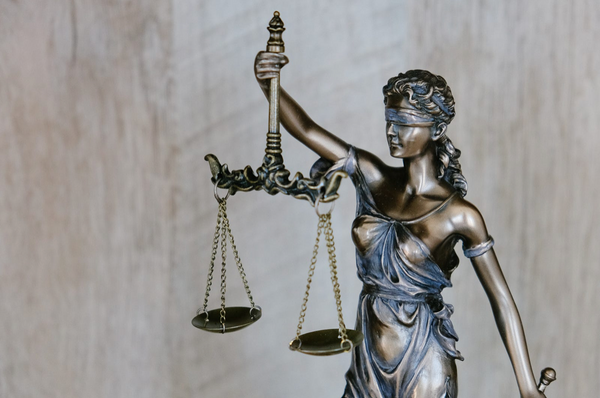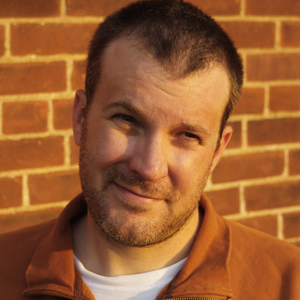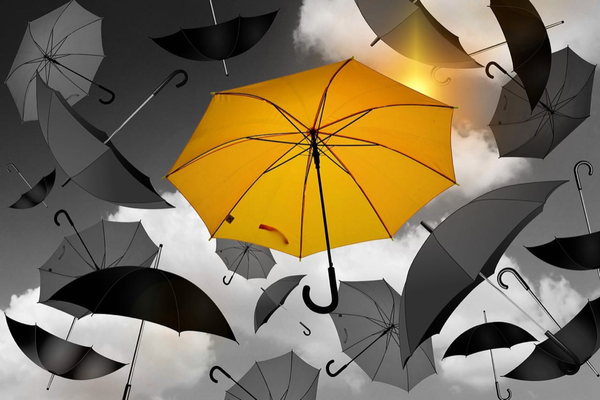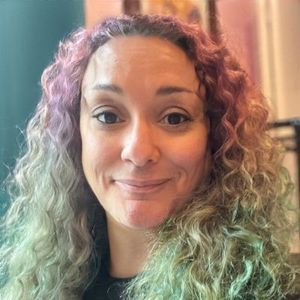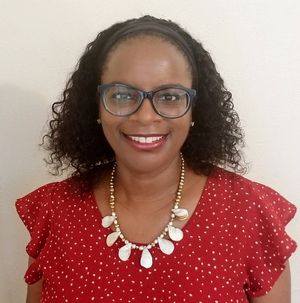My mom was a first-grade teacher, and as a result, much to my chagrin, I know the words of every single patriotic song ever written. I also know a lot of “sayings,” one of them being “the only way over is through.”
I’ve had a lot of conversations about race with white people over time. I’m a child of the Civil Rights Movement and was on the front lines of the country’s faux attempt to end segregation. Owing to that, I have been on the front lines of desegregation as the first Black person to pioneer into a lot of white spaces, including towns, school districts, schools, and the like. I’ve talked to a lot of people about race. But I’m almost sixty, I can’t have this conversation again with one more person. I thought I’d use this space as an opportunity to explain once and for all.
Much of the time, these “conversations” are non-conversations. There’s no real sharing or building. Instead, it seems like we’re talking at each other. It’s not unfriendly. Ostensibly, we’re on the same side. But it does seem like we both have conflicting agendas. Some of us are trying to be heard, trying to share the reality and true ramifications and human costs of racism not just in the past but in the present. And others seem to be looking for absolution, to be told that they’re good, that they’re not like the other white people. They’re not looking to problem solve. They’re looking to be set free of any responsibility for the problem.
Racism is terrible to think about and people don’t want to think about it. Close listening is proof you care; you’re trying to understand, and you respect others. It’s the first step.
Don’t get me wrong, I’ve had many good talks with many well-meaning people, but I’m also here to say that, a lot of the time, I don’t feel like people are truly hearing me, they’re not willing to emotionally engage. Racism is terrible to think about and people don’t want to think about it. Close listening is proof you care; you’re trying to understand, and you respect others. It’s the first step.
If you grew up in the United States, then you grew up in a society full of racist propaganda and gaslighting coming from all mediums, all day, every day. How could anyone be immune or oblivious to a lifetime of that type of messaging? We have to understand and accept that many of the things we were taught were wrong. Everyone needs to listen, learn, and challenge all their assumptions. And this has to happen with full recognition that white culture is not the default culture in this nation – that’s just the perception white supremacy wants you to have. So, no projecting white cultural strictures of everyday life onto other cultures, no framing other people’s experience with your own cultural norms. Listen. We’re from the same nation but not the same cultures. Our cultures have entirely different traditions. Listen to hear what things mean. (Pretend we’re in Europe. 😉)
Just let people talk. Don’t deny people the opportunity to share their stories and truths. The different ways people choose to express themselves can certainly be worthy of analysis, but they can’t be rejected because they don’t fit within the construct of your own cultural norms. Not the cultural norms, but your cultural norms. The “nice and polite” rules of conversation in white culture exist to help suppress the truth and support white supremacy when it comes to race. It facilitates control under the pretense of “freedom” of expression.
No human being gets points for acknowledging the complete humanity of another human being. It’s ridiculously imperial to think otherwise.
So, active listening isn’t optional, it’s mandatory. It’s part of the emotional labor we all have to do when confronting challenging truths and doing the work of self-reflection. But it really doesn’t feel like that’s part of the game these days. Instead, it seems like simply acknowledging that the horror not only was real but is real, is enough and worthy of the ultimate praise. People want to be told that they’re good and be seen as not like “the others.” It’s competitive. No one seems to be looking to change behavior, let alone problem-solve. For many, “getting it” is the final step, not step one. It’s not me, it’s them. Individuals are looking to be absolved of responsibility for and from white supremacy.
My mom always said, “You don’t get credit for doing what you’re supposed to do.” No human being gets points for acknowledging the complete humanity of another human being. It’s ridiculously imperial to think otherwise. A person is not special because they know all human beings are fundamentally equal, they’re just not a moron. And, as long as people benefit from systemic oppression on the daily, in every category that exists in life, while verbally rejecting it on social media, at a meeting, over dinner, or at a cocktail party, absolution is not only not on the table, it’s nowhere to be found.
When my kids were in kindergarten, a little white boy repeatedly made negative comments to a little Black girl about her hair over the span of a couple of weeks. The parents alerted the school and the response frustrated and upset the girl’s parents so much, they decided she wouldn’t be returning the following year. A group of white parents invited all parents in the grade to a meeting at one of their homes to discuss the “misunderstanding” and make it clear that they were allies and friends.
Do you have any Black friends? Do you go out with them? Are Black people ever at your dinner table? Your parties?
The evening began with parents apologizing and attesting to the fact that neither they nor the child were racist. They believed they were doing the right thing, that they were creating dialogue. They followed the testimonials with a sincerely asked question for the Black parents – What should they do? How could they help us? I looked at them quizzically because we really should have been asking them–What are you going to do about this? Can we help in any way?
I proceeded to ask them the following questions: Do you have any Black friends? Do you go out with them? Are Black people ever at your dinner table? Your parties? Do your children know any Black adults? What roles do they play in your children’s lives?
White folks who understand and discuss racism have to take ownership of the issue, take responsibility, and step it up in their personal lives and communities. The problem is that white people have a problem with racism. It’s not a “Black” problem, it’s a white people problem that only white people can solve. White people don’t listen to Black people when it comes to race. Our pleas over 400 years, explanations, and data have never changed the calculus. The only people who can help white people are white people.
Our pleas, explanations, and data don’t change the calculus. When have white people listened to Black people when it comes to race? Well-meaning white folks must take ownership of this issue and ask themselves: Who am I? What type of country do I want to live in? What does it look like? Do I want all people to be equal? To have equal rights, access, and money? Am I willing to open up my life to make the changes that need to be made?





